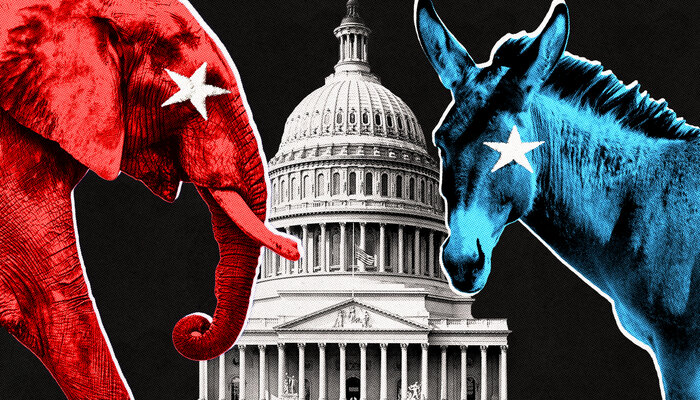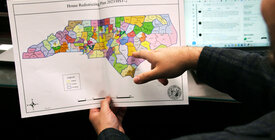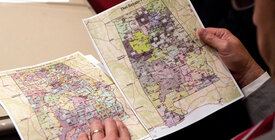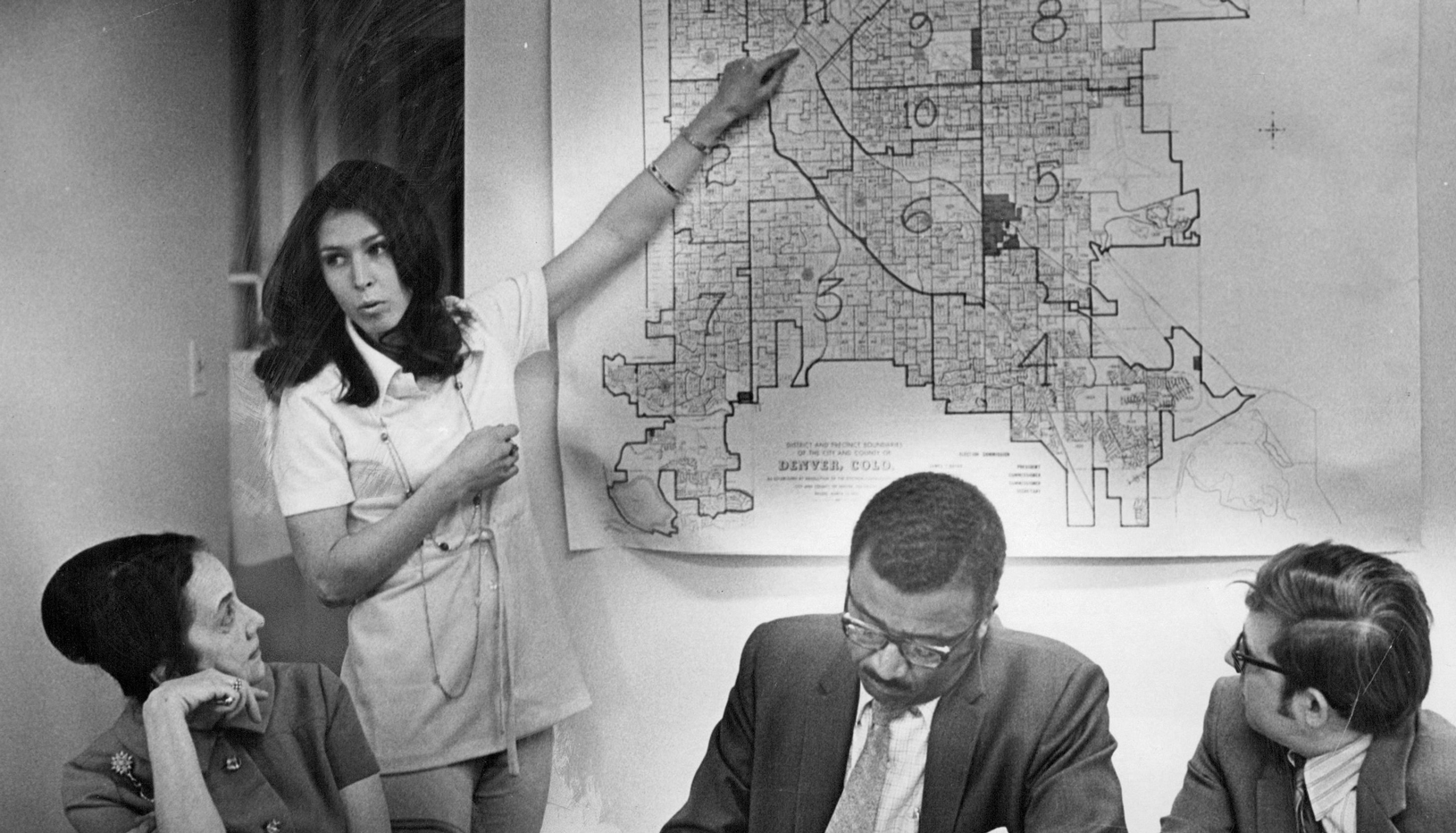This fall, Americans are casting ballots to choose a new House of Representatives. The election will be a close one, with both parties having the chance to emerge with the majority. Unfortunately, for many Americans, the fight will be an unfair one.
Thanks to gerrymandering, only 1 in 10 districts in the country will be competitive. And, in many states, maps skew wildly in favor of the party who drew them — giving Republicans, on balance, a head start of around 16 seats in the battle for the chamber.
It could have been different. Two years ago, Congress came close just short of passing the landmark Freedom to Vote Act and John R. Lewis Voting Rights Advancement Act, which would have banned partisan gerrymandering nationwide and strengthened map-drawing protections for communities of color.
This series looks at how the 2024 election will be shaped by gerrymandering.







